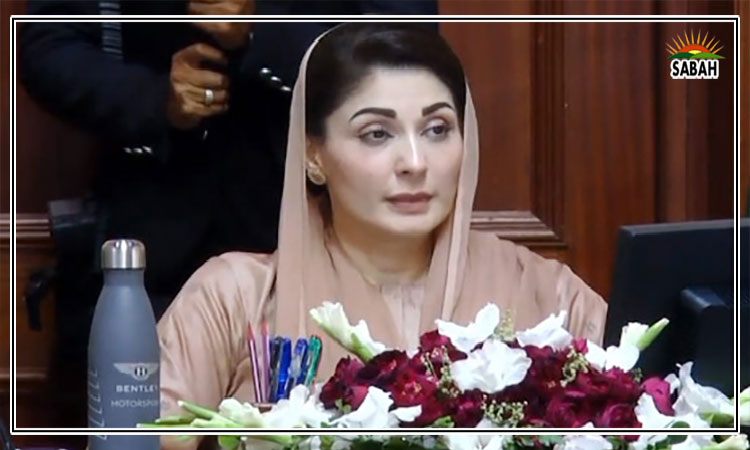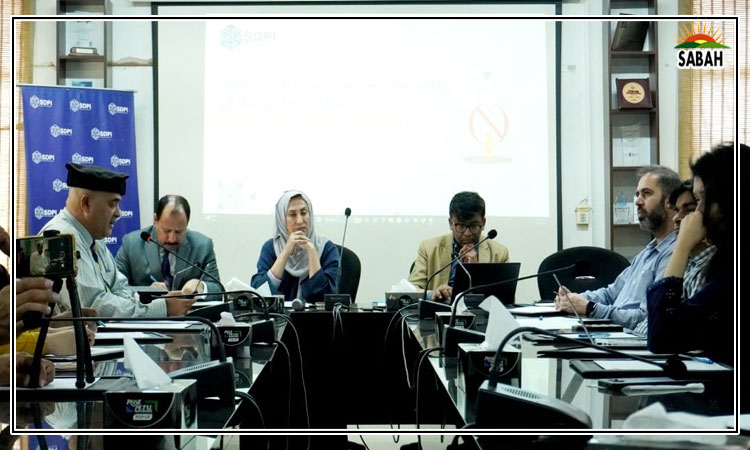Beyond legal status …Muna Khan
WHAT is citizenship good for? Ive been thinking about this while listening to the BBC podcast I am not a monster about Shamima Begum. You may remember her described as the jihadi bride from London who, at age 15, left the United Kingdom with two other teens to join the militant Islamic State (IS) group in Syria in 2015. She resurfaced in 2019 at a refugee camp in Syria and then (short story) had her citizenship stripped on grounds that she was a threat to the UKs security. Although it later emerged she was a victim of child trafficking, Shamima Begum lost her appeal on Feb 22 and will remain stateless at the refugee camp indefinitely.
Im wondering if citizenship is more than a legal status. It is about a persons right to have rights as Hannah Arendt wrote in 1949, when she herself was a stateless refugee. After being stripped of German citizenship, she found refuge in the United States but without citizenship until 1951, she realised that human rights didnt provide any relief to the stateless. To have rights, she said, you needed to be more than human, you needed to belong to a political community or be a citizen of a nation state. The right to citizenship affords people all other rights.
In 2022, the UNHCR (UNs refugee agency) said at least 100 million people were forced to leave their homes, fleeing conflict, abuse and rights violations. This figure is a new record that should never have been set, said the head of the agency, Filippo Grandi. When they do the counting for this year, the figure must include the Pakistanis who died in two boat wrecks off the coasts of Italy and Libya recently. They were willing to forgo their Pakistaniyat in exchange for a better life.
The right to citizenship affords people all other rights.
Shamimas greatest crime seems to be the infamous interview she gave to The Times in 2019 at the refugee camp after escaping Raqqa, nine months pregnant. Im not the same silly 15-year-old girl who ran away from home and I dont regret coming here, she said, and asked to come home. It did not satisfy the British media which went for her jugular. She became a national hate figure and her citizenship was revoked thereafter. The decision to leave her where she is, rather than bring her home to try her for crimes by the way, there is no evidence to suggest she committed any doesnt sound like responsible governance. According to the immigration law website Free Movement, at least 460 people were stripped of their UK citizenship between 2006 and 2020.
Her crime has been deemed unredeemable but what are the goalposts for what is acceptable and what isnt? Why were terror charges against another British citizen, 15-year-old Rhianan Rudd (read: white girl), dropped in 2022 after it was proven she was a victim of online grooming by right-wing extremists (read: neo-Nazis)? Why did the media say her case was a wake-up call about online grooming but not Shamimas? This is not at all surprising for us brown folks who know how institutional racism works.
Isnt citizenship also about a persons sense of belonging?
Shamima Begum joined IS because she believed in the utopia her recruiters promised her in Syria. She did not feel like she belonged in the UK and yearned for acceptance and love. But she did not find that in Syria either. She narrates in the BBC podcast how she endured unspeakable traumas, but that too angered listeners. The BBC said that it had received 387 complaints about the podcast by Feb 23. Some listeners arent ready to see her as anything but a monster. The BBC defends its decision to air her story as an investigation done in the national interest. As is the purview of journalism.
The press demonised Shamima Begum as jihadist bride or unrepentant monster or brainwashed teenager. This is the same press that framed IS executions as barbaric which they undeniably were but not the wars that are begun to counter imaginary weapons of mass destruction. The hypocrisy is tiring.
It brings me back to Arendts right to have rights. Who do rights belong to if governments can come in and take them away? Too many leaders are inching towards totalitarian policies in the name of national security when they are deeply steeped in xenophobia. This must be resisted. This means creating policies to manage migration, for example, rather than banning it outright. Policies must be seen as engaging with legitimate grievances rather than lock them up and throw away the key as our political elite is wont to do. Arendt thought maybe one needs a revolutionary approach to policies, one that comes from a place of justice, not ignorance or exclusion. Because after all, justice is at stake.
The writer researches newsroom culture in Pakistan.
Twitter: @LedeingLady
Courtesy Dawn, March 5th, 2023












